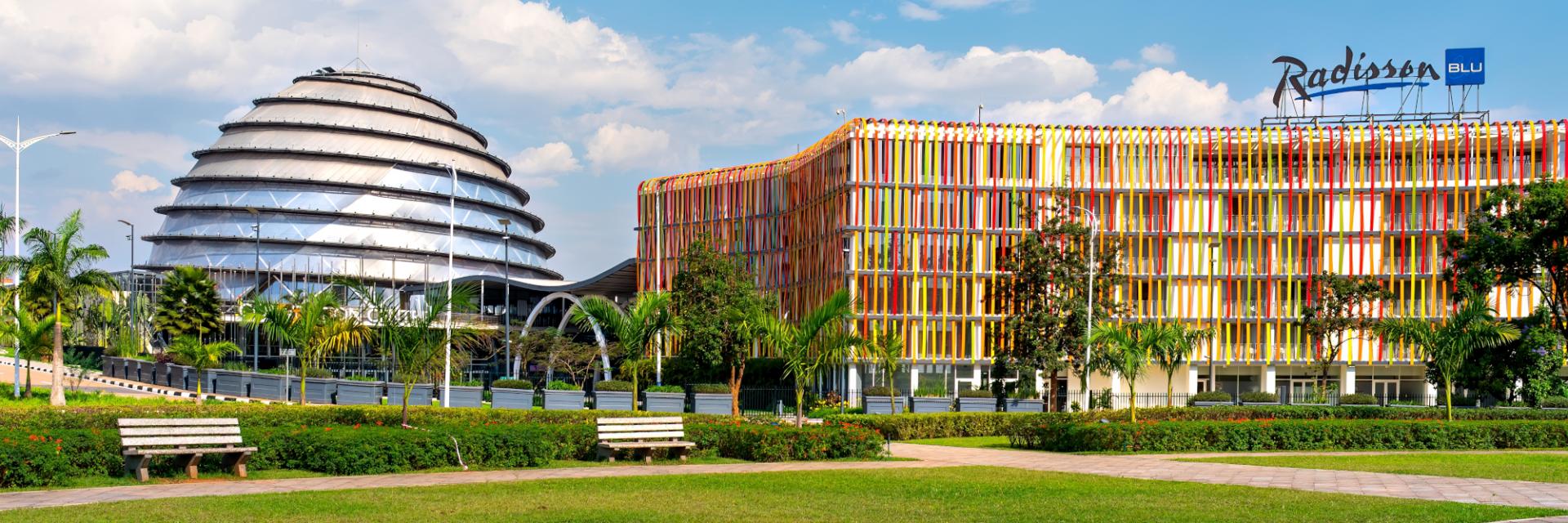Kigali, Rwanda, October 21, 2024 (ECA) – The City of Kigali is embarking on a transformative journey to become a more resilient and sustainable urban center by implementing the UN Development Account (DA-15) project. This initiative aims to enhance the city's financial management systems, allowing it to adapt to future challenges while promoting inclusive growth.
The DA-15 project focuses on helping African cities expand their fiscal capacity to meet the Sustainable Development Goals (SDGs) and to enhance the capacities of cities to develop and execute policy reforms and strategies.
By improving financial systems, the city of Kigali is positioning itself as a model of sustainable urban development in Africa.
Speaking at a workshop titled "Expanded and Resilient Urban Fiscal Space for an Inclusive and Resilient COVID-19 Recovery in Africa," Urujeni Martine, Vice-Mayor of Socio-Economic Affairs for the City of Kigali, emphasized the need for stronger urban systems. She noted that the COVID-19 pandemic had exposed existing vulnerabilities within urban systems, highlighting the importance of financial resilience for cities.
“The pandemic has reminded us of the fragility of these systems and the urgent need for a more resilient urban fiscal framework,” said Martine. She stressed the importance of collaboration between government, private sectors, civil society, and communities for inclusive and sustainable recovery. This includes innovative financing mechanisms, boosting local revenue, and ensuring fiscal policies are equitable.
“Training and resources must be provided to local governments to enhance their financial management skills, she noted, adding that, “This will empower them to make informed decisions and respond effectively to crises.”
Kigali, in particular, is leveraging data analytics to better understand the city's needs and allocate resources where they can have the greatest impact.Furthermore, the city of Kigali has enhanced its urban resilience by investing in sustainable infrastructure, and promoting social inclusion.
Fatmata Lovetta Sesay, the UN Resident Coordinator a.i. and UNDP Representative, echoed these concerns, noting that many African cities, including Kigali, are struggling with declining revenues and rising debt due to the pandemic and other economic shocks. These financial strains threaten cities' ability to deliver services efficiently.
“Throughout Africa, the pandemic and other subsequent shocks have intensified financial strains on both local and national governments,” Ms. Sesay Sesay explained. "Many cities, such as Kigali, are facing challenges in maintaining efficient service delivery amid declining revenues and increasing debt burdens.”
The DA-15 project, led by the United Nations Economic Commission for Africa (ECA) in collaboration with UN-Habitat and UNCDF, aims to help cities like Kigali overcome these challenges. The initiative focuses on expanding municipal fiscal space by exploring innovative ways to optimize financial potential and fostering inclusive, resilient, and sustainable development.
Atkeyelsh Persson, Chief of the Urbanisation and Development Section at ECA, noted that the first phase of the project in Kigali is centered on assessing the city's financial performance. Persson emphasized the need for Kigali to adopt an automated system to integrate various financial tools, such as land and rental taxes. Implementing such systems, she added, could unlock the city's full financial potential and pave the way for sustainable growth.
By implementing the DA-15, Kigali is taking significant steps towards sustainable urban development, demonstrating how African cities can build resilience to current and future challenges.
Issued by:
Communications Section
Economic Commission for Africa
PO Box 3001
Addis Ababa
Ethiopia
Tel: +251 11 551 5826
E-mail: eca-info@un.org

